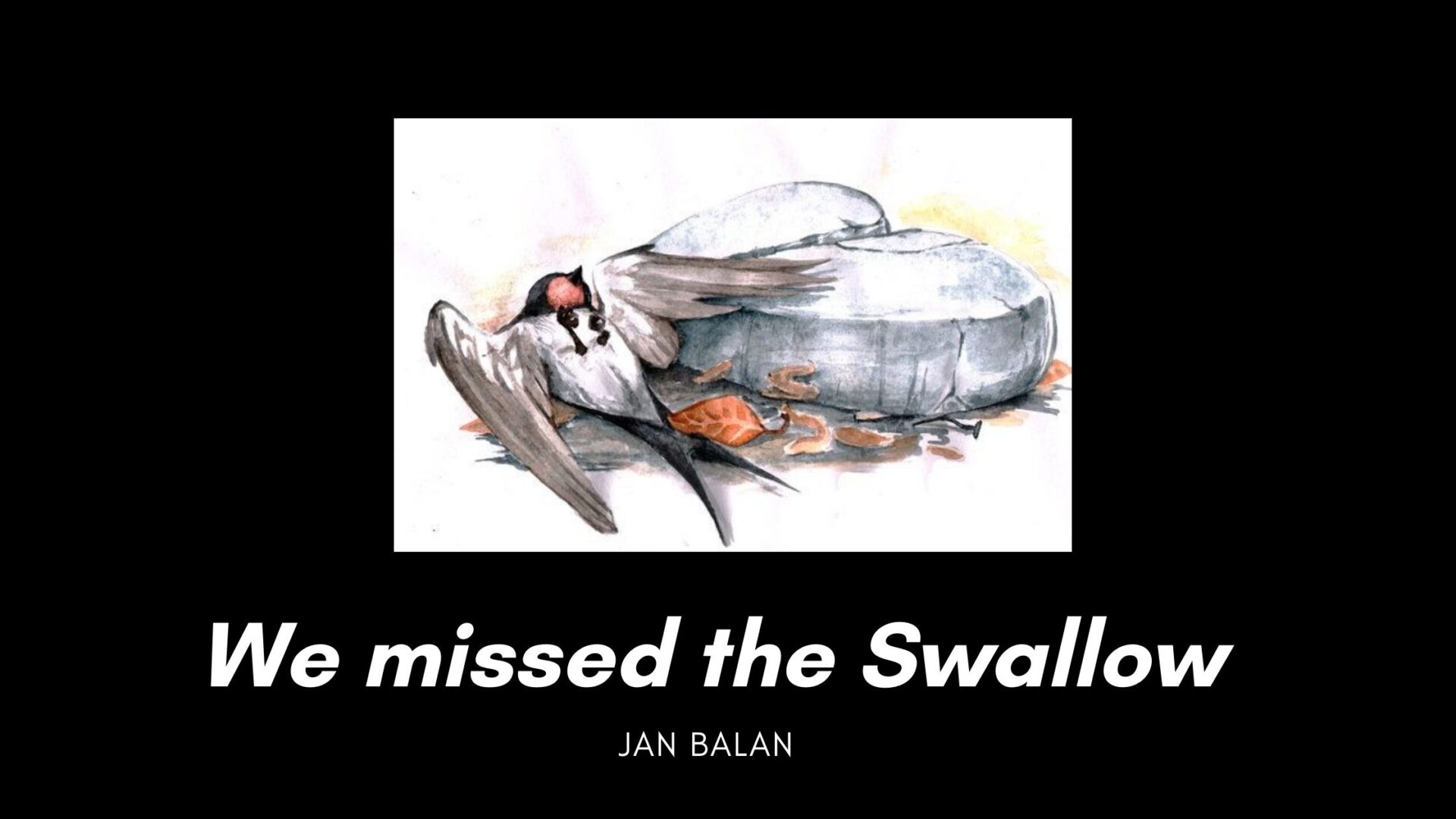“Rereading the work” is crucial in writing, analysing, and thinking habits. When a reader reads a work for the first time, they will form an opinion about it. When the reader reads the same work again, they will come up with a different interpretation. This isn’t limited to reading; it also applies to other visual mediums. ‘Happy Prince’ would have been the favourite story for many children. As they grew, they could have missed re-reading the story. But I didn’t, so I reread the story. During that time, I remembered, while reading for the first time, I missed the Swallow. It did not stop with me. Many of my friends didn’t notice Swallow.
We missed the Swallow
“Happy Prince” is a short story written by Oscar Wilde. He lived during the 19th century. Most of his works depict the life of the Victorian people. He uses irony, satire and wit to convey a message. In the story, the Swallow loves Reed. Its friends would say, “The Reed can’t love you back”. So Swallow thinks of sacrificing his love and starts travelling. But it didn’t sacrifice travelling. For Swallow, Europe was the only goal.
Swallow postpones his migratory trip whenever the Happy Prince requests it. He extends his day to perform some small tasks. Swallow must choose between the fabulous Egypt trip and Prince. In the repressive climate of Europe, Swallow allots a day of compensation or sacrifice. Each time he concedes one more day from his dream trip.
‘Happy Prince’ is a symbolic title. The Happy Prince is not inwardly happy. He is sad. Happy prince being a statue feels sympathetic for the people. Wilde exhibits the importance of charity, humanity, love, goodwill and sacrifice.
In the end, ‘Happy Prince’ found mercy on people’s misery. Swallow helped the Prince by sacrificing the Europe and Egypt trip.
Subscribe to our email newsletter to get the latest posts delivered right to your email.

Comments